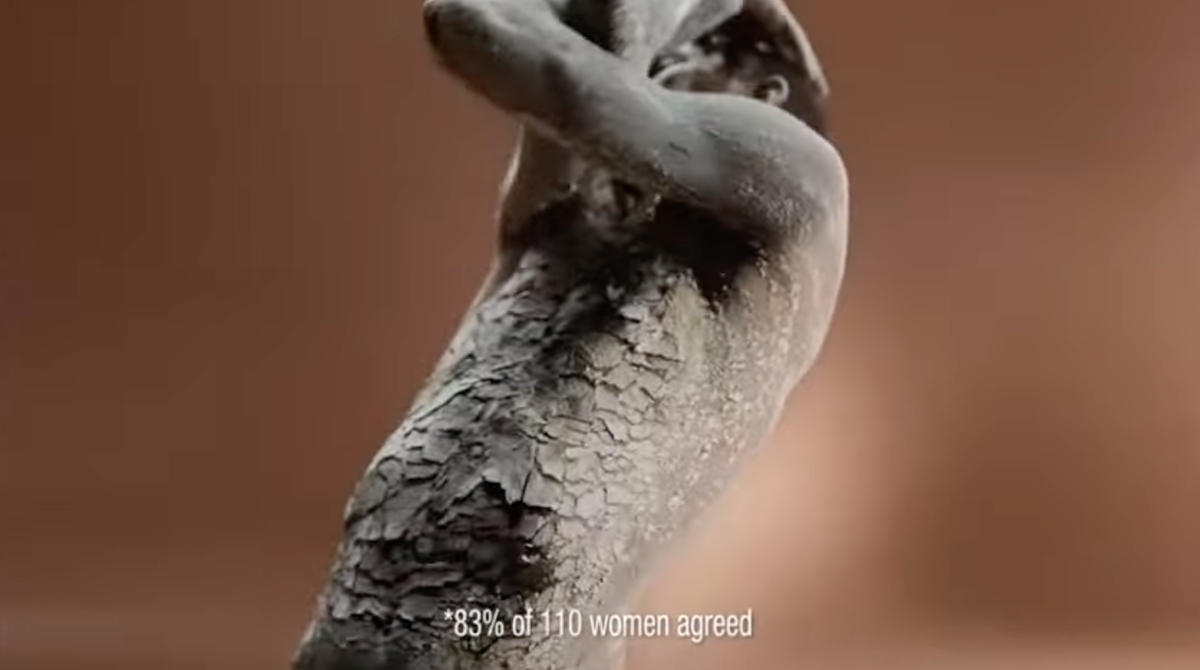There was a time when people of colour were not adequately represented in British TV commercials. For many years, despite the UK’s growing black and Asian population, there were too few people matching that description in the commercial breaks.
Advertisers’ commitment to diversity has quite often been a commitment to discrimination
In the programmes surrounding those breaks, it was the same. Even in the late 1990s, when so many British corner shops were owned by Asians, the one in Coronation Street was owned by Alf Roberts in his white grocer’s coat.
British advertisers, quite rightly, decided to correct this imbalance. Trouble was, they all did it – or overdid it – at exactly the same time.
The result, of course, was a TV Ad World which bore no demographic relation to reality. The large and improbable number of black people who suddenly appeared in commercials is one of many reasons why the advertising industry is no longer taken seriously.
The practice then became entrenched when corporations put ‘diversity’ at the core of their ‘values’. Never mind that their boardrooms remained largely white, as long as they could point to a good number of non-white faces in their TV ads, boxes were ticked and guilt was assuaged.
However, since prioritising diversity over reality, it was only a matter of time before this policy came back to bite them and it has.
A TV commercial for Sanex shower gel has been banned for suggesting that white skin is superior to black skin. Because of the obsession with ‘diverse’ casting, the commercial shows both black and white women showering with Sanex. But whereas the black skin is shown to be cracked, clay-like and disfigured by red scratch marks, the white skin is smooth and lubricious.
Blinded by their ‘commitment to diversity’, Sanex failed to see the offence they’d cause with such an obviously racist trope.
There has always been discussion about whether black skin is drier than white. Some dermatologists say that because darker skin has a thicker outer layer to protect against sun damage, it also has lower levels of ceramides which lead to moisture loss. Others maintain that any dryness is simply more visible on black skin. Either way, a skincare company like Sanex should have known all this. They should also have known that, by appearing to imply that black skin is inferior to white, they could be accused of racism.
It’s hard not to laugh. The last thing they thought they were being is the very thing they turned out to be. Though behind the sniggering lies a very serious issue.
Advertisers’ commitment to diversity has quite often been a commitment to discrimination and anyone who produces TV or radio commercials will have first-hand experience of this.
A well known estate agent, for example, asked me to cast a voice for their radio ads and they chose a white actress whom they described as ‘perfect’. Just before the recording, however, they asked me to re-cast and find a woman of colour.
‘No problem’, I said, ‘What accent would you like? Indian? West Indian? African?’
‘No, no’, they said, ‘We don’t want the accent’.
When I pointed out this was radio and unless she started the ad with ‘Hello, I’m not white’, how would anyone know, there was silence.
I then explained that what they were proposing – denying a woman work simply because of the colour of her skin – was illegal. The law was there to protect everyone and if this actress were to find out, she could sue them.
More silence.
They were nice people and certainly weren’t racists but had become so obsessed with diversity that they couldn’t see that what they were doing could land them in court.
Sadly this kind of behaviour has been all too prevalent in advertising. However, if the Sanex debacle makes advertisers think more carefully about the consequences of accidental racism, it could yet be a good thing.
Nobody wants a return to Alf Roberts and TV commercials full of white people, just a realistic representation of our proudly diverse population. Using the word ‘inclusion’ to exclude certain people is no longer an excuse. Unlike Sanex, it simply won’t wash.







Comments